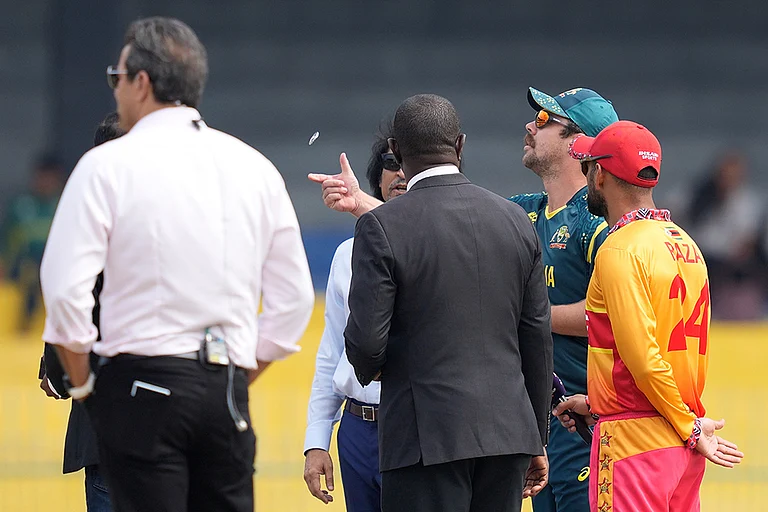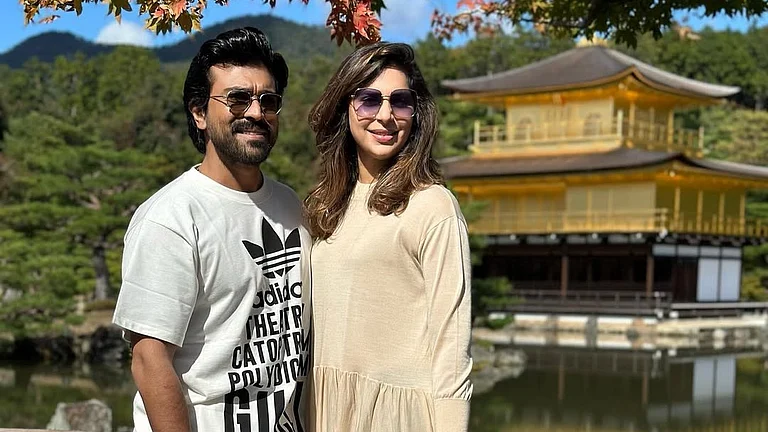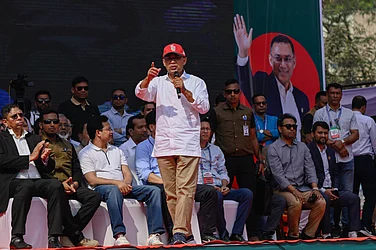The announcement of Droupadi Murmu as the Presidential candidate by the ruling National Democratic Alliance has surprised many. If she wins the election, Murmu will be the first Adivasi woman to become the President of the Republic. The announcement of Murmu's candidature by BJP president J P Nadda came a day after she celebrated her 64th birthday.
Droupadi Murmu is the former governor of Jharkhand, former minister and MLA. Born in 1958 in the Mayurbhanj district of Odisha to the Santhal family of Biranchi Narayan Tudu, politics ran in her family from the early days with both her father and grandfather having served as the village headmen under the Panchayati Raj system.
After graduating from the Ramadevi Women's College in Bhubaneswar, she served as an honorary assistant teacher in the Shri Aurobindo Integral Education Centre in Rairangpur and also worked as a junior assistant in the irrigation and power department in the Odisha government.
The tribal leader's initial brush with politics began in 1997 after she was elected as the Councillor of Odisha's Rairangpur Nagar Panchayat in 1997. She was named the Vice-Chairperson of Rairangpur the same year.
Murmu in BJP
Murmu has also been a two-time BJP MLA, in 2000 and 2009, from the Rairangpur seat. In the BJP, Murmu moved through the ranks to first become the vice president and later president of the Scheduled Tribe Morcha in Odisha. She was elected as the district president of the Mayurbhanj (West) unit of the BJP in 2010 and re-elected in 2013. She was also named a member of the BJP National Executive (ST Morcha) the same year. She held the post of district president till April 2015 when she was appointed as the Governor of Jharkhand.
Murmu's name was considered for President even in 2017 but Ram Nath Kovind made the cut at that time.
Odisha roots
The two-term MLA has diverse administrative experience having handled ministries such as transport, commerce, fisheries and animal husbandry in the Odisha government.
In 2000, Murmu became a minister for state in the BJP-Biju Janata Dal (BJD) coalition government. She was given independent charge of Commerce and Transport (2000-02) and later 'Fisheries and Animal Resources Development (2002-04). In 2009, Murmu held on to her assembly seat when the BJD had snapped ties with the BJP weeks ahead of the state elections which were swept by Chief Minister Naveen Patnaik.
Murmu was awarded the Nilkanth Award for the Best MLA of the year in 2007 by the Odisha Legislative assembly. In 2015, she was elected as the Governor of Jharkhand, becoming the first woman to hold the post. She was also the first tribal woman leader from Odisha to get appointed as a Governor in any Indian state. Additionally, she is the first Jharkhand Governor to have completed a full term.
If elected, Murmu will continue to create history by becoming not only the first Tribal person (man or woman) to become the President of India but also be the first person from Odisha to become President and the first President to be born after Independence in 1947.
Personal tragedies
While Murmu has shone in her administrative and ministerial roles, the Odisha leader has lived a tough life and has borne the weight of several tragedies on the personal front. Born in one of the poorest districts in the country, Murmu led a life of poverty as a child and even struggled to finish her education before turning to teaching and eventually politics. Married to Shyam Charan Murmu, the former Governor gave birth to two sons and a daughter. She lost her husband early on and of her three children, only her daughter Itishree survives.
BJP’s strategy
The nomination of an Adivasi for the Presidential post by the BJP comes after the party chose a Dalit for the top post in the previous elections. Adivasi women are one of the most unrepresented and oppressed sections of India. With Assembly elections in Gujarat, Madhya Pradesh, Rajasthan and Chhattisgarh --- the four states with a total of 128 seats reserved for Scheduled Tribes --- scheduled in the next 18 months, the BJP may make significant inroads into the constituency. The BJP, which managed to win just 35 of these seats in the last Assembly elections, is expecting a major gain.


























